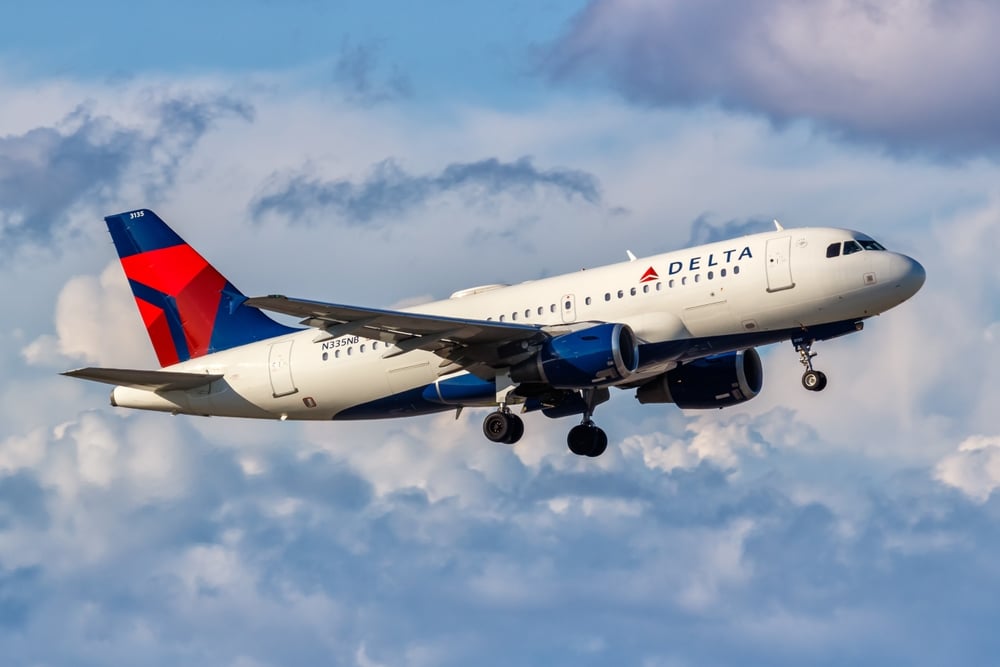Delta Air Lines has initiated legal action against Marriott International, claiming that the hotel conglomerate’s Delta Hotels brand infringes on its trademark and creates consumer confusion. This dispute revolves around brand similarity and the implications of global market expansion.
Delta Air Lines is set to pursue a lawsuit against Marriott Hotels concerning the naming of a specific hotel brand, taking the matter to trial.
In a 2020 lawsuit filed with the U.S. District Court for the Northern District of Georgia, Delta contends that Marriott’s use and aggressive expansion of its Delta Hotels brand is damaging to Delta Air Lines’ established name, which has a much longer history in the market. “Delta’s claims arise out of Marriott’s willful infringement and dilution, and efforts to trade off on—for Marriott’s own commercial benefit—Delta’s renowned DELTA trademarks and the goodwill associated with them,” states part of the complaint. This case moved forward to trial on Monday.
Delta highlighted that Marriott had previously opposed Delta’s attempts to trademark certain product names, such as its Delta SkyClub, which Delta aimed to expand in the European Union. The two companies have engaged in direct negotiations about their trademark usages, but Delta now claims that these discussions have been largely unproductive, accusing Marriott of using delay tactics rather than seeking genuine resolution.
Marriott expanded its brand portfolio significantly after acquiring the Canadian hotel chain Delta Hotels in 2015, which then operated solely within Canada. Since then, it has broadened the brand’s reach to approximately 80 properties across the globe, including 52 in the United States. Delta asserts that following this acquisition, Marriott altered the brand’s font and color scheme to mirror that of Delta Air Lines’ existing trademarks, thus increasing the likelihood of consumer confusion.
Delta’s complaint recounts various instances where consumers mistakenly believed that Delta Hotels was directly affiliated with Delta Air Lines. For instance, there were inquiries from businesses wishing to partner with the hotel chain, mistakenly assuming it was a subsidiary of the airline. Delta has also criticized Marriott for its inconsistent representation of Delta Hotels in promotional materials and signage, further muddling consumer understanding.
In defense, Marriott maintains that the Delta Hotels brand has been in existence since 1962 and argues that the term “Delta” is widely used across both geographic and corporate settings, making exclusive ownership unreasonable. Moreover, Delta accuses Marriott of acquiring Delta Hotels primarily to infringe on its trademark rights. The complaint alleges, “Upon information and belief, a central reason that Marriott acquired the Canadian Delta Hotel chain was to leverage the [Delta Hotels] acquisition to trade off Delta’s famous Delta Marks and consumer recognition.”
To prove trademark infringement, a brand must demonstrate that a reasonable consumer could be confused about the distinction between two similarly named entities. Delta Air Lines stresses that it has routinely sold hotel rooms via its website and incorporated hospitality services into its Delta Vacations package, contributing to consumer confusion. It is worth noting that Delta Air Lines has not pursued legal action against other similarly named businesses outside the travel realm, like Delta Faucet Company or Delta Bank.
The airline industry frequently encounters trademark infringement challenges. For example, Northern Pacific Airlines recently rebranded to New Pacific Airlines after facing a trademark complaint from BNSF Railway, which owns the historic Northern Pacific Railway brand. In another instance from 1984, the original Frontier Airlines sought to launch a low-cost subsidiary named Frontier Horizon, which prompted complaints from regional airline Horizon Air, a predecessor to today’s Frontier Airlines.
Delta Air Lines is seeking a court injunction to prevent further expansion of the Delta Hotels brand and unspecified financial damages. Although an agreement regarding the use of the Delta name has been established in regions such as Hong Kong and China, Delta Air Lines insists that this does not extend to the American market.





























